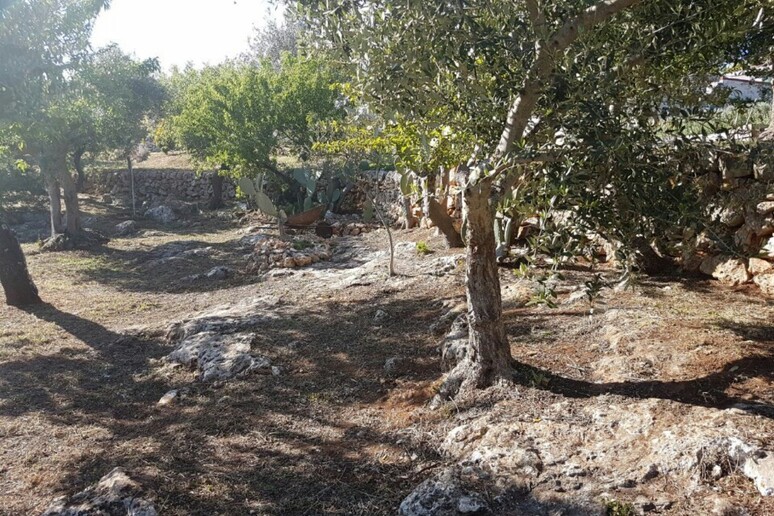(by Alessandra Briganti) The policies adopted up to now to reverse the trend of depopulation of rural areas has not delivered tangible results and the phenomenon will continue in the coming decades unless there are new ad hoc interventions, according to the 'Escape', research project conducted as part of the ESPON programme specializing in the analysis of regional policies. The study said that three rural regions out of five in Europe - or 40% of the territory with 30% of the population - have been hit by demographic decline or will be in the coming decades.
Although long considered a fundamental challenge for many EU member States, the depopulation of rural areas has not been addressed in a specific way, except for a few operations seeking to limit its scale.
The Common Agricultural Policy (CAP) and the cohesion policy are the main tools Europe has created to address issues linked to rural depopulation, the researchers explained.
On the one hand, the CAP provides funding that aims to diversify employment and improve basic services, giving support to farmers and rural communities in planning and implementing initiatives that respond to a series of economic, environmental and social challenges.
On the other, the cohesion policy aims to reduce the disparity of less developed areas, in particular regions affected by industrial and agricultural decline, via national, regional and cross-border projects.
In both cases, these policies seek to mitigate rural decline by stimulating demographic and economic growth.
The growth-support measures, however, have not put the brakes on rural depopulation which, on the contrary, is an increasingly common phenomenon.
The belief that this trend cannot be reversed in some regions is gaining sway.
The researchers said that the policies used up to now at the European and national level have not taken into account a fundamental aspect of the issue: the non-uniform nature of the phenomenon.
Indeed, there are "substantial differences" not just between regions, but also within the regions themselves, that should not be ignored.
These differences can be explained in the light of elements ranging from long-term changes in the size and structure of the economy, to the outcome of political events such as joining the EU or the return of a conflict.
Not taking account of these elements is a sign of the failure to consider the profound causes of depopulation and its effects, the researchers concluded. Therefore, the EU's intervention should, on the one hand, seek to combat the differences that exist in the decline of the rural regions and, on the other, adopt the necessary measures to increase the quality of life and well-being of the populations living in areas affected by the phenomenon.
ALL RIGHTS RESERVED © Copyright ANSA











